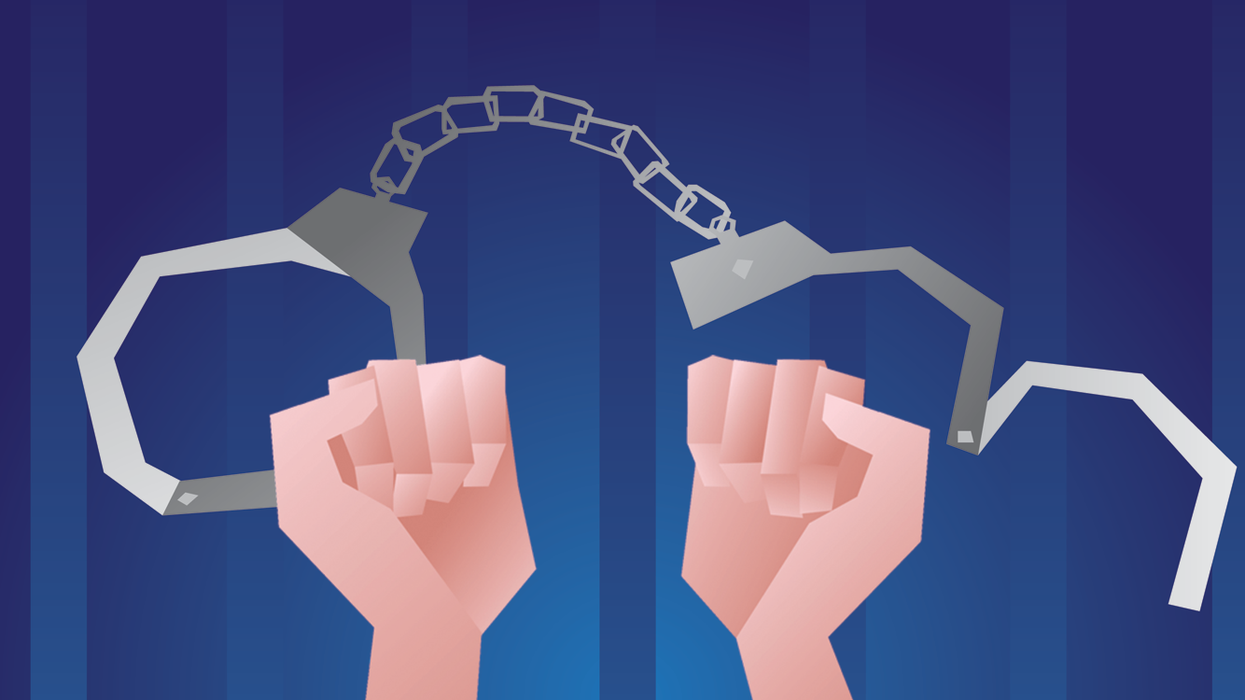Illinois election officials said Monday that hundreds of former inmates had their voter registrations mistakenly canceled and that the state was working to restore their status quickly.
The canceled registrations, which affected 774 felons who had re-registered to vote following their release, was at least the fourth mishap related to voter registrations revealed by the Illinois Board of Elections in the past two weeks alone.
The latest episode involved a "data-matching error" in the information shared between the state corrections department and the elections board.
"Matching based on information forwarded to the State Board of Elections incorrectly categorized the individuals as currently incarcerated when in fact they had completed their sentences and been discharged," the elections board said in a statement.
In Illinois, a person's registration is suspended while incarcerated but they are allowed to re-register immediately following release.
The board notified election authorities so the registrations could be reinstated in time for early voting beginning Thursday, the statement said.
The canceled registrations continue a string of bad headlines for Illinois election officials, although this instance appears to be unrelated to three other issues revealed since late January, all attributed to the state's automatic voter registration program.
That system, which automatically registers a person to vote when they apply for or renew a driver's license unless they specifically opt out, led to voter cards being issued to more than 500 noncitizens as well as citizens who opted out but were sent cards anyway.
The elections board also said last week that roughly 4,700 16-year-olds who had applied for licenses appeared on a list of voter registration applications forwarded by the secretary of state's office through the AVP program.
While 17-year-olds are allowed to register and vote in primary elections in Illinois if they turn 18 by the time of the general election, there's no such provision for 16-year-olds.
The registration requests for the underage teens were caught and removed before they were processed and voter cards were mailed out, officials said, but that hasn't stopped Republican leaders from calling for an investigation into the problems and asking the secretary of state's office to suspend the program.
All this comes after Russian actors successfully hacked into the state's voter registration database, capturing the personal information of thousands of voters.




















Trump & Hegseth gave Mark Kelly a huge 2028 gift